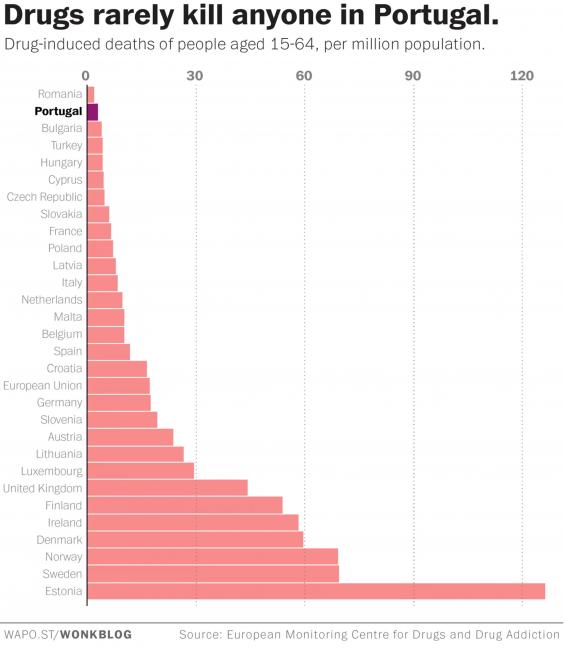As the number of drug-related deaths grow exponentially in BC and spreads across Canada, Jagmeet Singh continues to pressure Trudeau to decriminalize all drugs, citing Portugal's success in reducing such deaths since it decriminalized all drugs in 2001.
Singh, who campaigned on the promise during his party's recent leadership race, said he will push the federal New Democrats to make the position part of its own formal policy platform. The NDP is scheduled to hold a policy convention in Ottawa in February. ...
In his legal practice, Singh said he witnessed first-hand how the current criminal approach is failing. "We are prosecuting people and incarcerating people that don't need to be incarcerated," he said. "These are folks that need to be helped and supported."
The majority of Canadians struggling with opioid addiction are also battling problems like mental health challenges and poverty, Singh said, noting that he would exclude drug trafficking from any decriminalization efforts. ...
His comments come as Canadian health-care experts, including B.C.'s provincial health officer, urge the federal government to strongly consider borrowing from Portugal's approach to drug policy, including decriminalizing personal possession of illicit drugs.
http://www.huffingtonpost.ca/2017/11/07/jagmeet-singh-pushes-trudeau-to-...

 Drug use and drug deaths are complicated phenomena. They have many underlying causes. Portugal's low death rate can't be attributable solely to decriminalisation. ...
Drug use and drug deaths are complicated phenomena. They have many underlying causes. Portugal's low death rate can't be attributable solely to decriminalisation. ...

